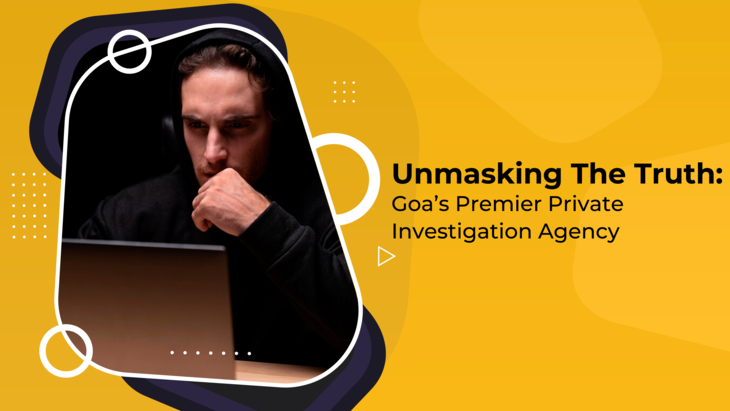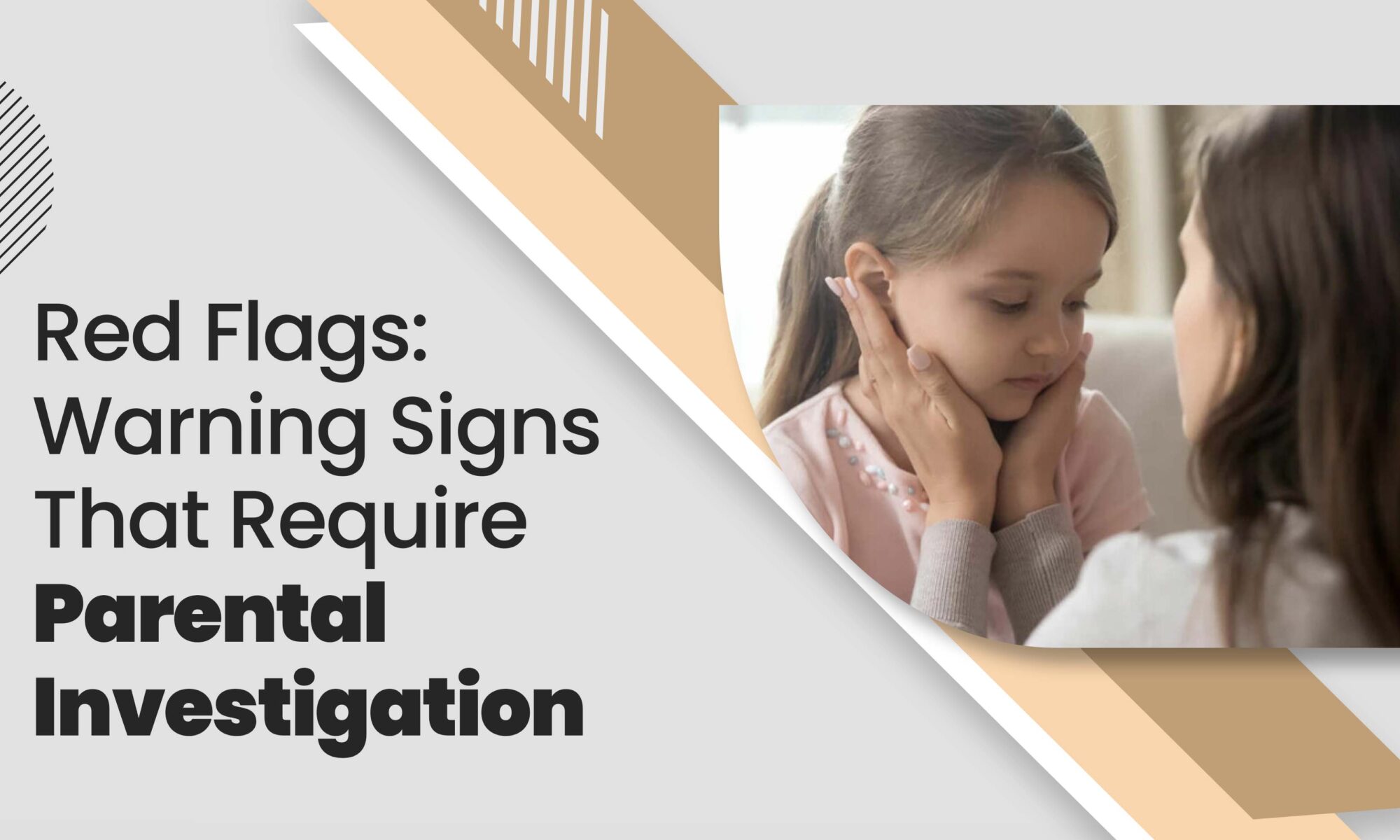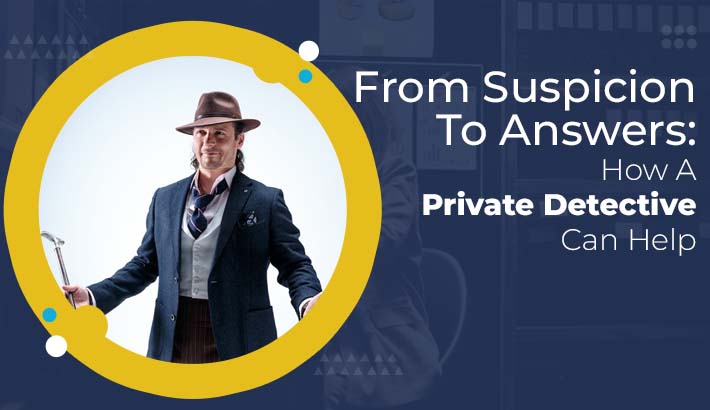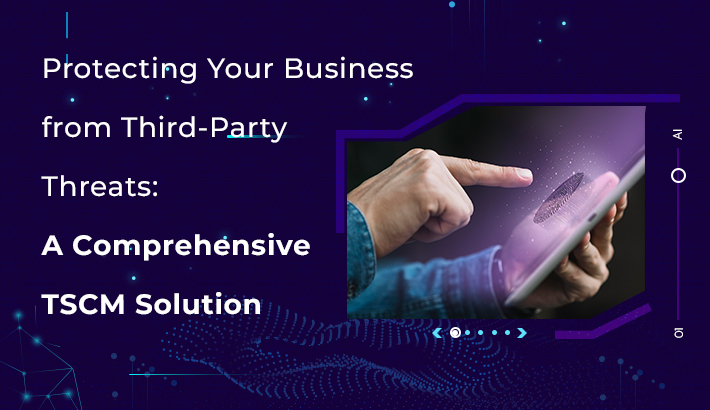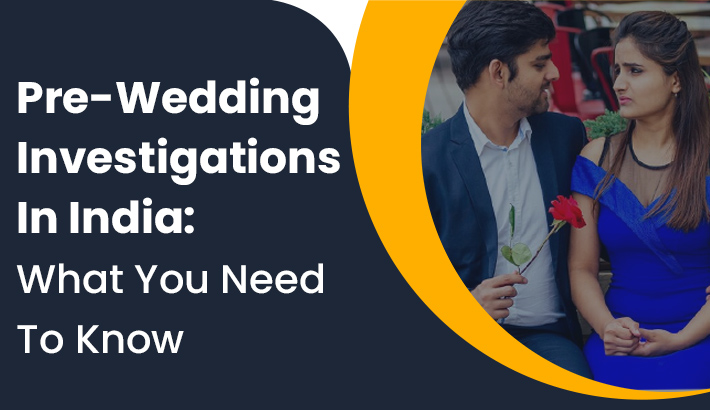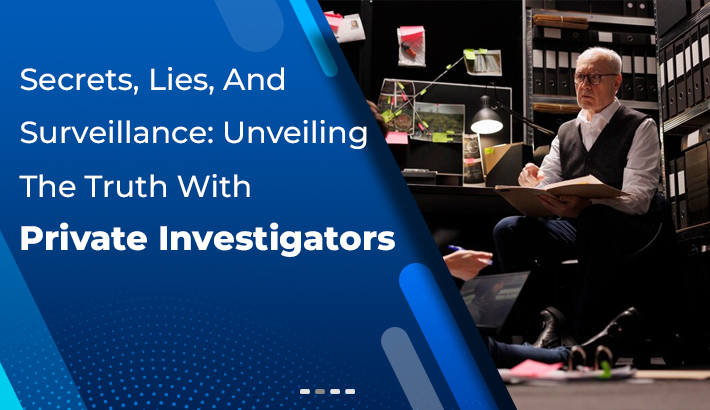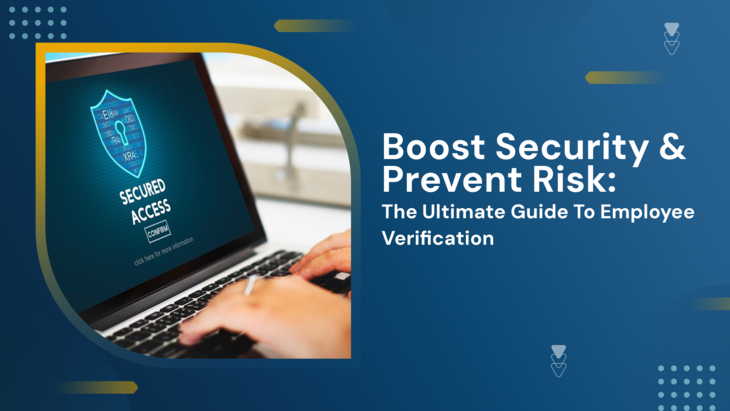Goa, a land synonymous with sun-drenched beaches, swaying palm trees, and vibrant nightlife, also harbors a discreet side – the world of private investigations. When whispers turn into doubts, and shadows of suspicion linger, Goa’s premier private investigation agency steps in to shed light on the truth.
Beyond the Paradise: A Need for Discretion
While Goa’s tourism industry thrives, there’s an underlying layer of complexities beneath the surface. From pre-marital investigations to corporate espionage, the demand for professional and discreet private investigators is on the rise. Here’s a glimpse into the reasons why:
- Increasing Infidelity Rates: Goa’s reputation as a romantic getaway can sometimes mask infidelity. A private investigator can gather evidence of a spouse’s extramarital affairs, providing concrete proof for legal proceedings or fostering closure.
- Business Concerns: Corporate espionage and internal fraud can cripple a business. A private investigation agency can discreetly investigate suspicious activities, identify culprits, and protect sensitive information.
- Pre-Marital Investigations: Marriages built on trust require a strong foundation. Discreet background checks and verification of a potential spouse’s past can bring peace of mind to families.
- Missing Persons: In the unfortunate event of a missing loved one, a private investigator can work alongside law enforcement, leveraging their experience and resources to track down the missing person.
- Real Estate Due Diligence: Goa’s real estate market can be enticing, but due diligence is crucial. A private investigator can verify property ownership, uncover any hidden encumbrances, and ensure a smooth transaction.
The Skillset of a Goa Private Investigator
Goa’s premier private investigation agency is a team of seasoned professionals with a diverse skillset. Here are some of the key qualities they possess:
- In-depth Knowledge of Law: Navigating the legal landscape is crucial. Private investigators ensure their investigations adhere to all local and national laws while effectively gathering evidence.
- Surveillance Techniques: Covert surveillance is a key tool, and investigators are adept at using advanced equipment and techniques to maintain discretion while gathering information.
- Interpersonal Skills: Building rapport and extracting information from witnesses or subjects requires exceptional communication and interpersonal skills.
- Data Analysis: Information gathering is just one piece of the puzzle. Investigators possess strong analytical abilities to interpret data, identify patterns, and draw insightful conclusions.
- Ethical Conduct: Maintaining client confidentiality and adhering to ethical standards is paramount. Goa’s premier investigation agencies prioritize these aspects to ensure trust and credibility.
The Private Investigation Process: Unveiling the Truth
The investigation process followed by Goa’s leading private investigation agencies is meticulous and tailored to each case. Here’s a general roadmap:
- Client Consultation: The first step involves a detailed consultation with the client to understand their concerns, objectives, and budget.
- Case Assessment: Investigators assess the case, determine the most effective approach, and outline a course of action with a clear fee structure.
- Information Gathering: This stage involves discreet surveillance, background checks, public record searches, and witness interviews, adhering to legal boundaries.
- Data Analysis: Once all information is gathered, investigators meticulously analyze it, identify patterns, and draw logical conclusions.
- Comprehensive Report: A detailed report outlining the findings, evidence gathered, and conclusions is presented to the client.
- Post-Investigation Support: Depending on the case, the agency may offer continued support, such as presenting evidence in court or providing security measures.
Technology: A Private Investigator’s Ally
Technology plays a vital role in modern-day investigations. Goa’s premier private investigation agencies leverage advanced tools to enhance their capabilities:
- Digital Forensics: Data recovery from electronic devices can provide crucial evidence in infidelity, fraud, or missing person cases.
- Database Access: Investigators may have access to specialized databases to uncover hidden information about individuals or assets.
- GPS Tracking: Discreet GPS tracking devices can help locate missing persons or monitor a subject’s movements.
- Surveillance Equipment: High-tech cameras and recording devices enable discreet surveillance without compromising the investigation’s integrity.
Choosing the Right Private Investigation in Goa
With an increasing number of private detective agency in Goa, choosing the right one is crucial. Here are some key factors to consider:
- Reputation and Experience: A proven track record and a strong reputation in the industry are essential. Look for agencies with experience handling cases similar to yours.
- Licensing and Accreditation: Ensure the agency is licensed and operates within the legal framework. Accreditation from recognized private investigator associations adds credibility.
- Confidentiality and Ethics: Client confidentiality is paramount. Choose an agency with a strong commitment to ethical conduct.
Transparency and Communication: Building Trust with Your Investigator
The success of a private investigation hinges on trust and open communication between the client and the agency. Here’s how Goa’s premier private investigation agencies foster this crucial aspect:
- Clear Fee Structure: A transparent fee structure outlining costs and potential additional expenses ensures there are no surprises for the client.
- Regular Updates: Clients receive regular updates on the progress of the investigation, keeping them informed without compromising the investigation’s integrity.
- Availability and Responsiveness: The agency should be readily available to address client concerns and answer questions throughout the process.
- Realistic Expectations: Setting realistic expectations upfront regarding timelines, potential outcomes, and limitations is crucial for managing client expectations.
Beyond the Investigation
The conclusion of a private investigation doesn’t mark the end of the agency’s role. Here’s how Goa’s leading agencies go the extra mile:
- Emotional Support: Investigations can be emotionally taxing. Agencies may offer emotional support to clients navigating challenging situations.
- Legal Assistance: If the investigation uncovers evidence relevant to legal proceedings, the agency can help connect clients with qualified legal professionals.
- Security Measures: Depending on the case, the agency may recommend security measures to safeguard the client’s well-being or assets.
- Continued Support: In some situations, such as missing person cases, continued support may be necessary.
Conclusion
Goa’s vibrant facade can sometimes mask complexities. When doubts creep in and shadows linger, a reputable private investigation agency can be a beacon of truth. By leveraging experience, discretion, and technology, these professionals work tirelessly to uncover the facts and provide clients with the information they need to make informed decisions. Whether it’s navigating personal concerns like infidelity or safeguarding business interests, Goa’s premier private detective agencies offer a discreet and reliable service to bring clarity and closure.


